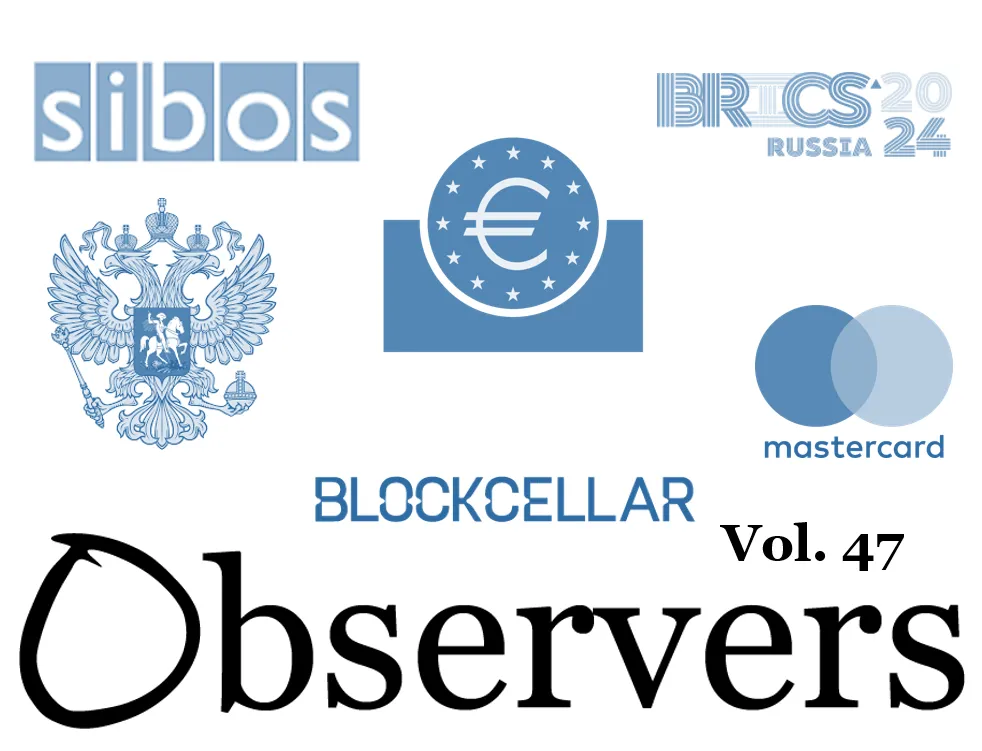

A new paper warns Russia's digital ruble may struggle to attract global adoption, as Mastercard teams up with an African bank so tokenized transactions can be made using wearable devices.

Subscribe now and have access to all our stories, enjoy exclusive content and stay up to date with constant updates.
Already a member? Sign in